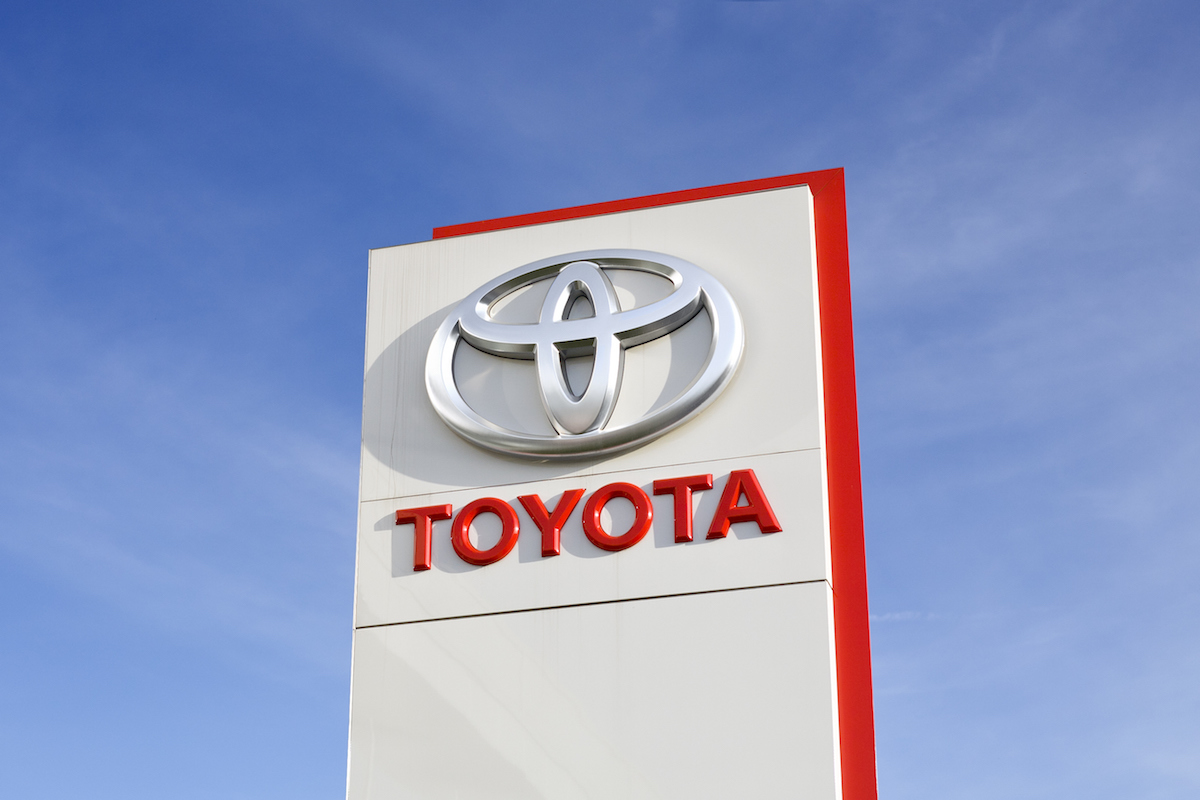Within the next 10 weeks, Toyota and then Holden will shut down Australia’s last car manufacturing plants. As these shut-downs happen, our media will fill not just with justified accounts of the pain caused to workers and their families, but also with a torrent of policy fretting. Commentators will earnestly decry our politicians’ lack of economic vision.
And they’ll be wrong to do so.
Here are seven reasons why Australia’s right to walk away from car manufacturing:
- If a car industry was to remain in Australia, it would require hundreds of millions of dollars in continuing government subsidies. The industry isn’t profitable. Large foreign-owned carmakers have been telling politicians for three-quarters of a century how well they can do if only they’re given a chance – and politicians have given them that chance. We have had tariffs, quotas, manufacturing subsidies, extra luxury car taxes, green car programs and every other damn thing, and Australia’s car industry never could put itself on a sustainable footing.
- Australia is a particularly bad place to make cars. The market is tiny, so you need to export. A car is a collection of very specialised parts, some of which you need to import. And Australia is at the distant end of every supply line.
- Car making is a manufacturing activity – and manufacturing, like agriculture before it, is steadily shrinking as a share of world economic activity. It’s dropped from 21 per cent to 15 per cent in just two decades. Manufacturing employment has dropped even faster; the whole business is ripe for automation, so many car plants have large areas almost devoid of workers. And the same trend recurs in country after country – not just Australia, North America and Europe but even China. Click here to play with the global data yourself, courtesy of Google and the World Bank.
- For governments, car manufacturing is a mug’s game, partly because so many places want to do it. All over the world, the resulting policies have made car manufacturing one of the most expensive ways you can imagine, to give people jobs. The taxes needed to protect car manufacturing push up prices, and push spending power down, for people right across the rest of the economy. Meanwhile, the world’s car supply suffers regular gluts; we’re in one right now. Australia’s right to abandon this crazy game.
- Manufacturing remains an important industry sector, but nothing convincingly justifies giving it special privileges. For instance, a new report from the Australia Institute, Manufacturing: A Moment of Opportunity, claims that manufacturing has a trade orientation, intensity of innovation and overall “strategic importance” that sets it apart from other activities. These are old, thin arguments. For instance, despite their centrality to the economy, Australia produces no phone or PC chips; does anyone really think we should?
- While Australia’s car industry has been shrinking over the past quarter-century, our economy has done remarkably well. Part of that prosperity may be that we stopped doing so much misguided industry protection.
- Donald Trump has tweeted threats to reinstate protection for US carmakers. That doesn’t prove car industry protection is a bad idea, but it is a pretty big hint …
General Motors is sending Mexican made model of Chevy Cruze to U.S. car dealers-tax free across border. Make in U.S.A.or pay big border tax!
— Donald J. Trump (@realDonaldTrump) January 3, 2017
Farming fell from more than 50 per cent of Australia’s economy in 1900 Federation to less than two per cent now. People of the early 1900s would have told you that such a fall in farming’s share of output and employment would be the ruin of the nation. Yet here we are, obviously not destitute.
The same thing is now happening in manufacturing. Australia, thankfully, has decided not to spend huge sums fighting against the future.







